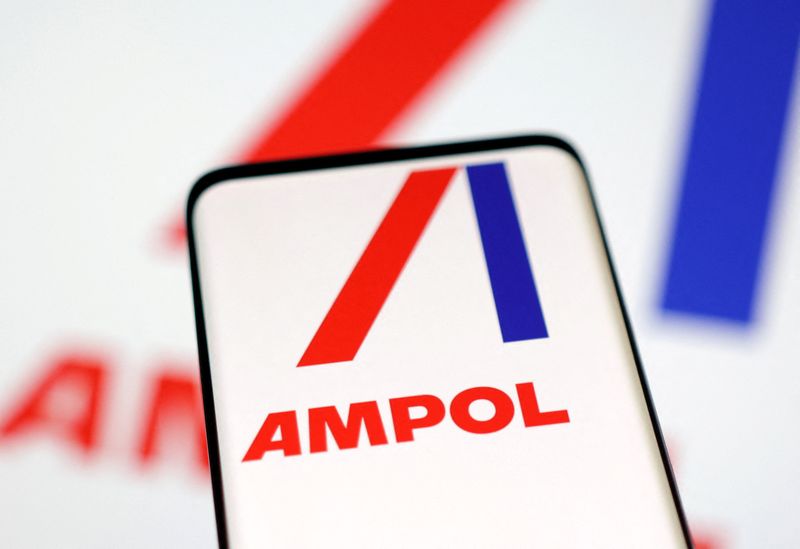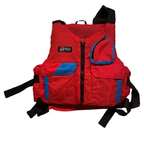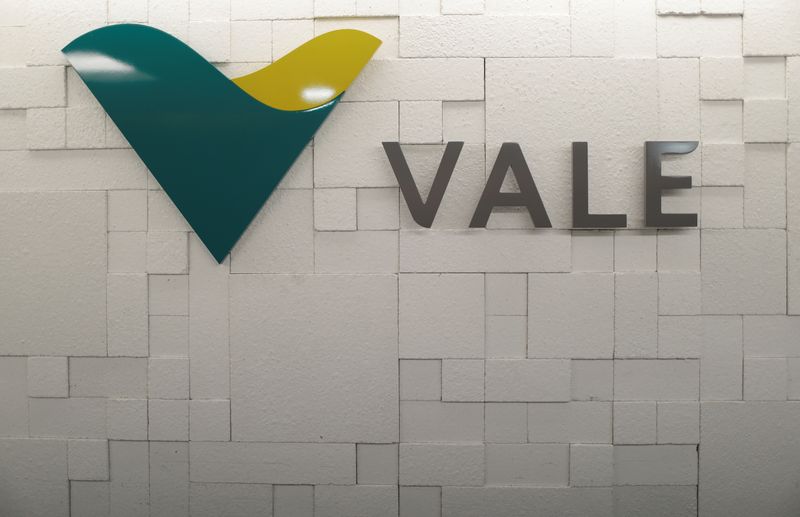Investors use various investment strategies to diversify their portfolios. For example, they may use asset allocation, which includes dividing investments into several asset classes. Some investors also prefer building a diversified portfolio by investing in various locations. These may consist of both domestic and international markets or investments.
When it comes to investing internationally, investors have the option to choose between emerging and developed markets. They are both essential for developing a diversified portfolio of stocks. However, there are some differences between both.
What are Emerging Markets?
An emerging market represents a market that has a low to middle per capita income. It is usually a country with an economy similar to a developed market, but it does not fully qualify as developed. Countries with various developments and reforms may come into the emerging markets category. Emerging markets have some characteristics that differentiate them from others.
Usually, countries that are in the process of moving from a closed economy to an open market economy fall under the emerging market category. The characteristic of these economies is that they build accountability within the system by going open. It usually means the country is going through an economic reform program, which will result in stronger and more responsible economic performance levels.
While these countries may be going through rapid growth, they also have low household incomes. They also have capital markets but are usually less matured compared to developed countries. Usually, it takes time for them to catch up with the economic growth that comes with emerging markets.
For investors, investing in emerging markets can come with risks and rewards. These risks come due to factors such as economic or political instability in those countries. Investors also have to deal with risk associated with currency exchange rate fluctuations. These markets may not have the proper standards to regulate the performance of investments. Therefore, it can result in fraudulent reporting.
What are Developed Markets?
Developed markets come from developed countries that have a high level of economic growth and security. These countries have better-developed infrastructures, more mature capital markets, and higher standards of living. Most economically advanced countries fall under the developed market category. The per capita incomes of developed countries are higher than in emerging markets.
There are no strict requirements for countries to classify as either emerging or developed. However, all the above factors can play a crucial role in the process. For countries considered to be difficult to categorize, economists examine other factors to help in the categorization. These may include specific standard-of-living measures, such as mortality rate or life expectancy.
Despite the developed status, investors don’t have to bear similar risks to emerging markets. Investing in developed markets means that investors can benefit from more strict regulations. These are also countries that are economically and politically stable. Therefore, investors don’t have to compensate for that.
However, these markets also come with risks. For example, equity market valuations in developed markets are significantly higher than the long-term historical average. Therefore, these markets can experience challenging problems in case of unforeseen circumstances.
Conclusion
Investors can invest in emerging and developed markets to diversify their portfolio of investments. Emerging stocks are those with a low or middle per capita income. These markets are going through a change and can convert into developed markets. On the other hand, developed countries have a high per capita income and are more stable. There are risks associated with investing in both markets.
Further questions
What's your question? Ask it in the discussion forum
Have an answer to the questions below? Post it here or in the forum




